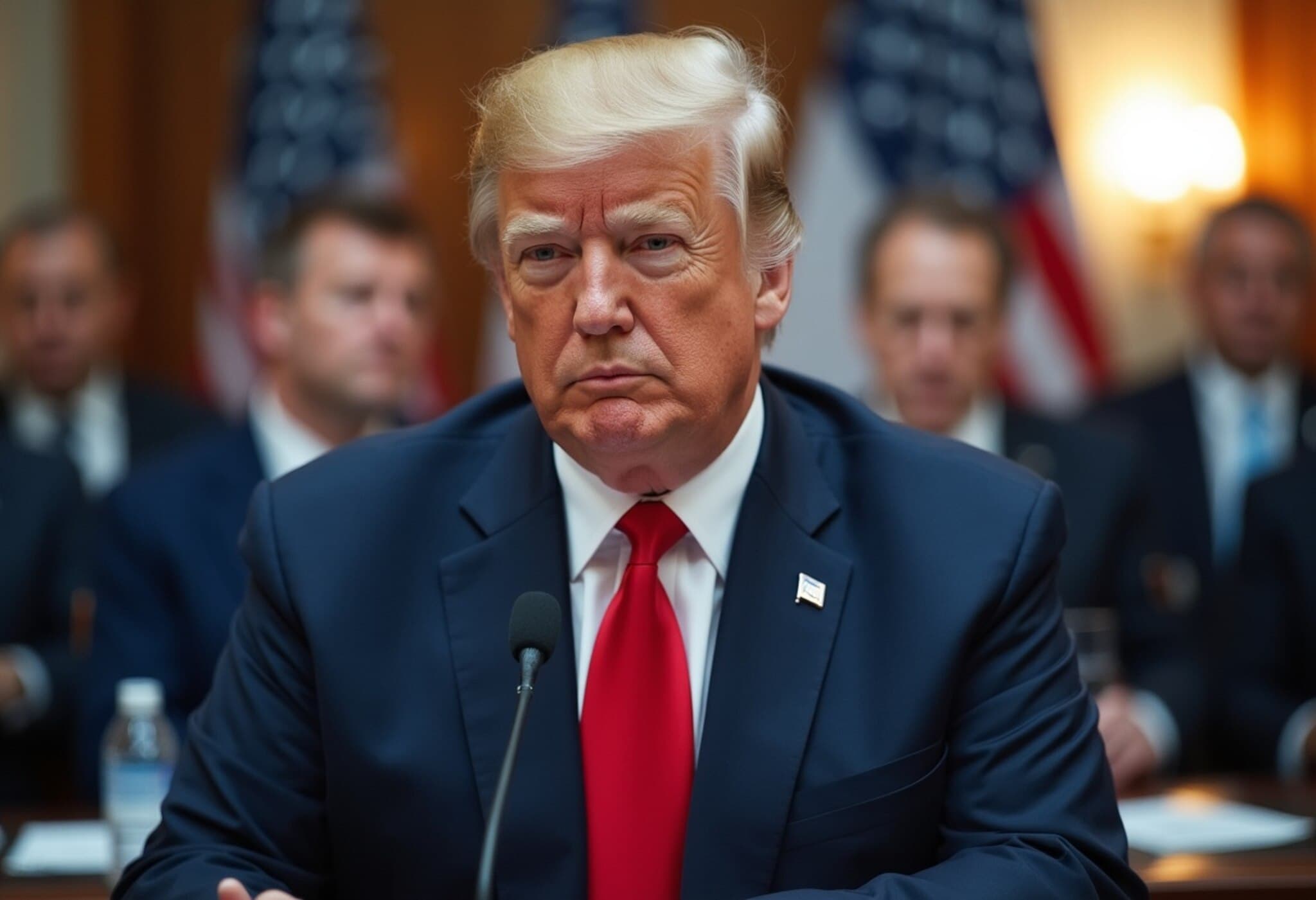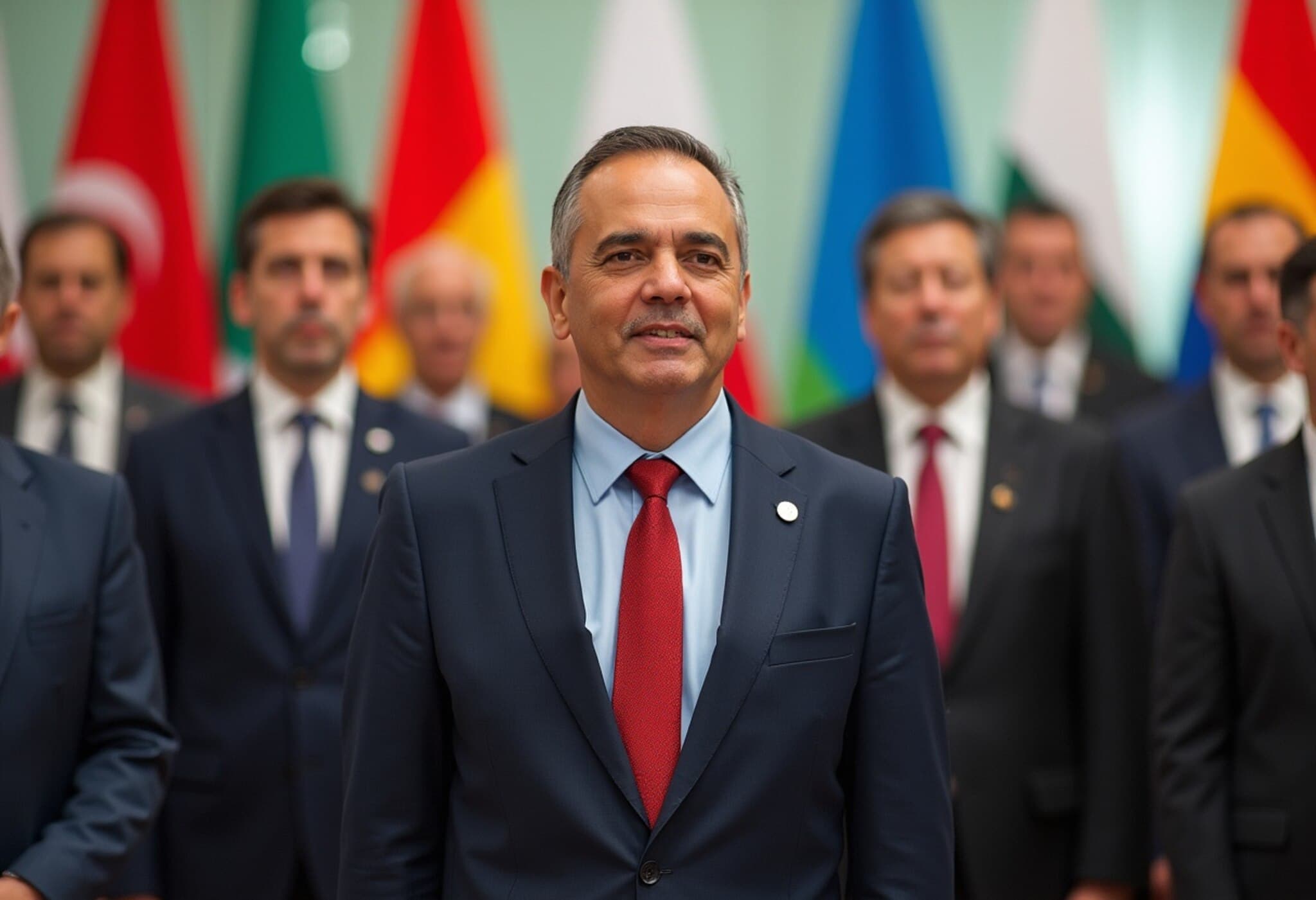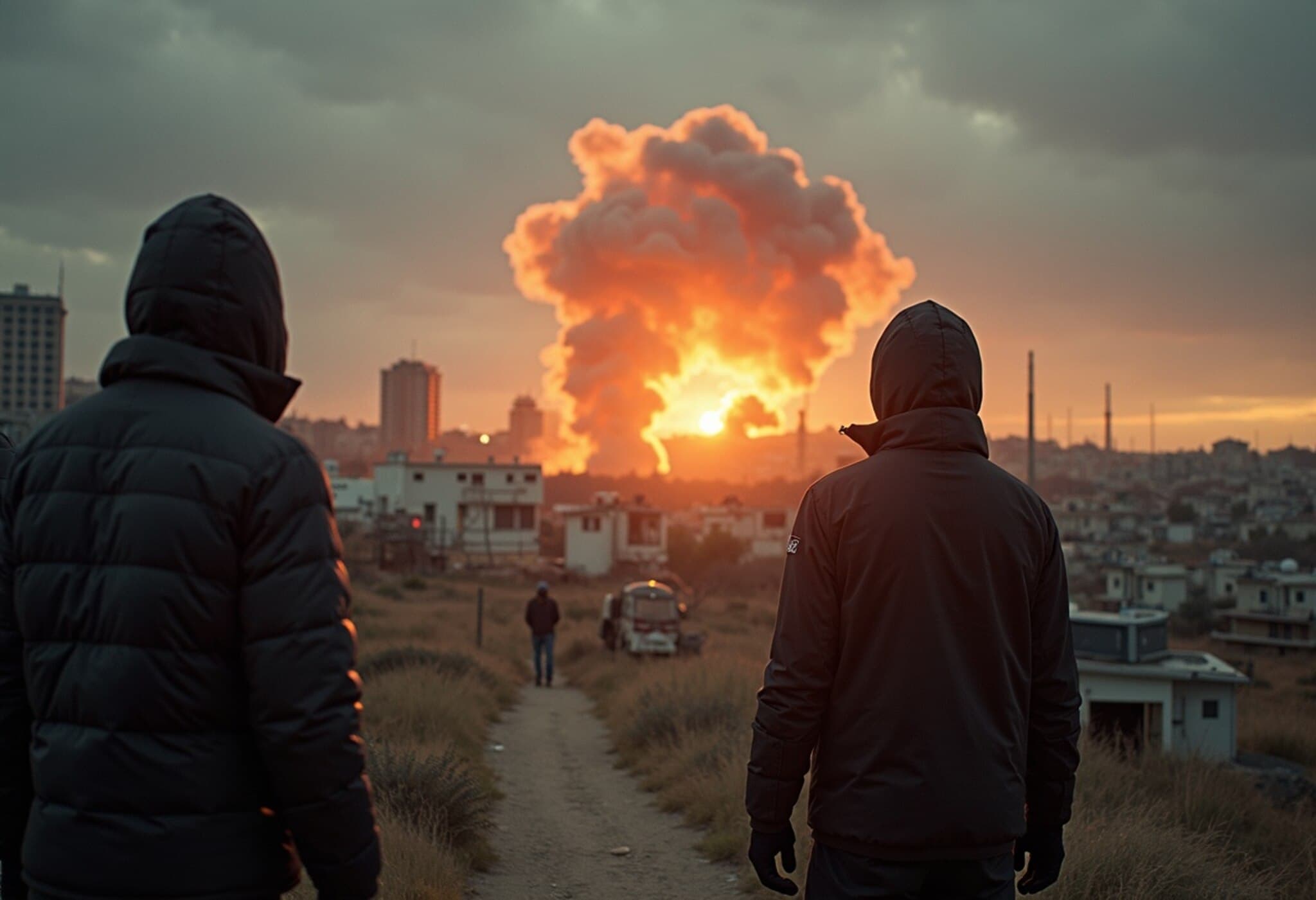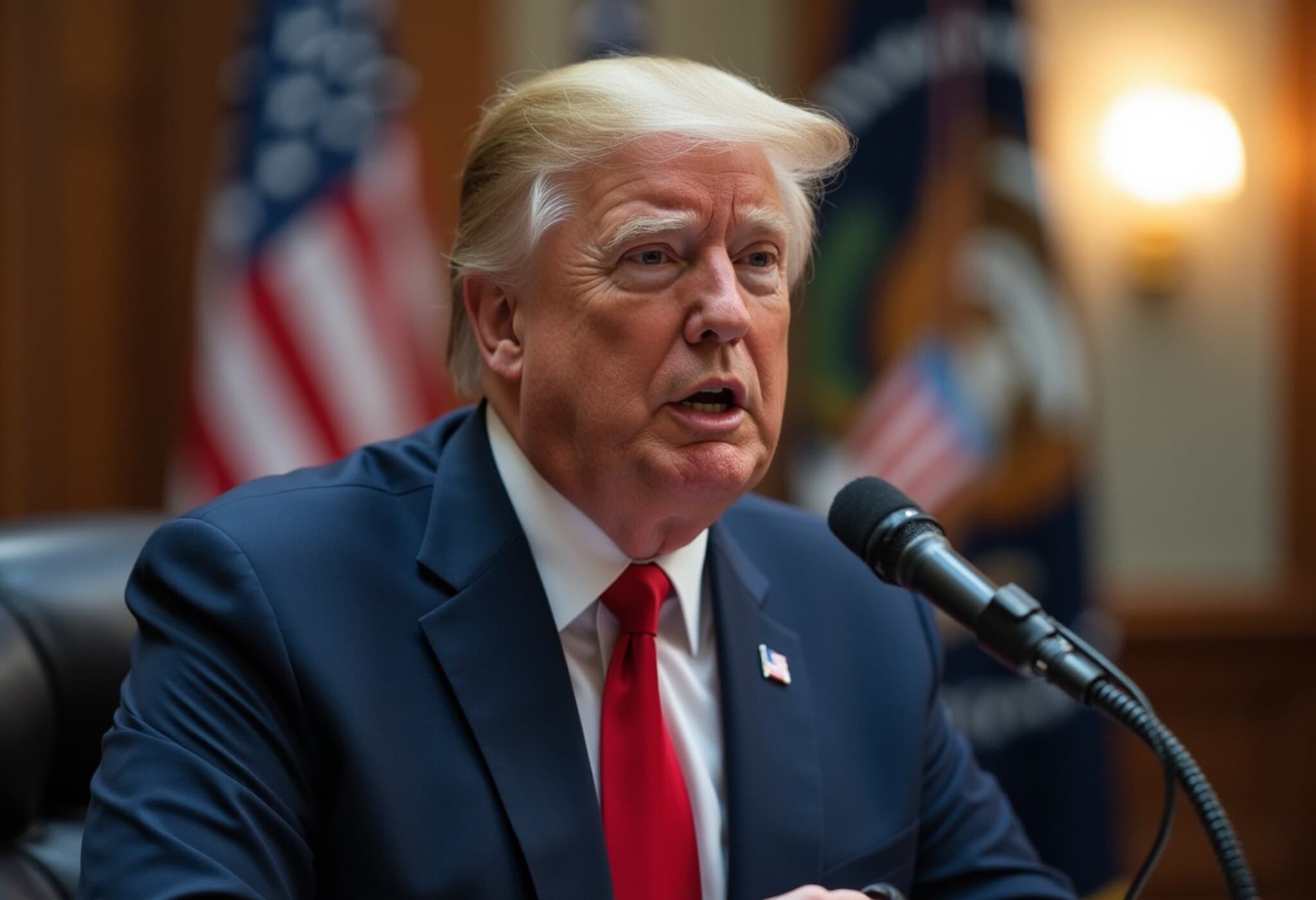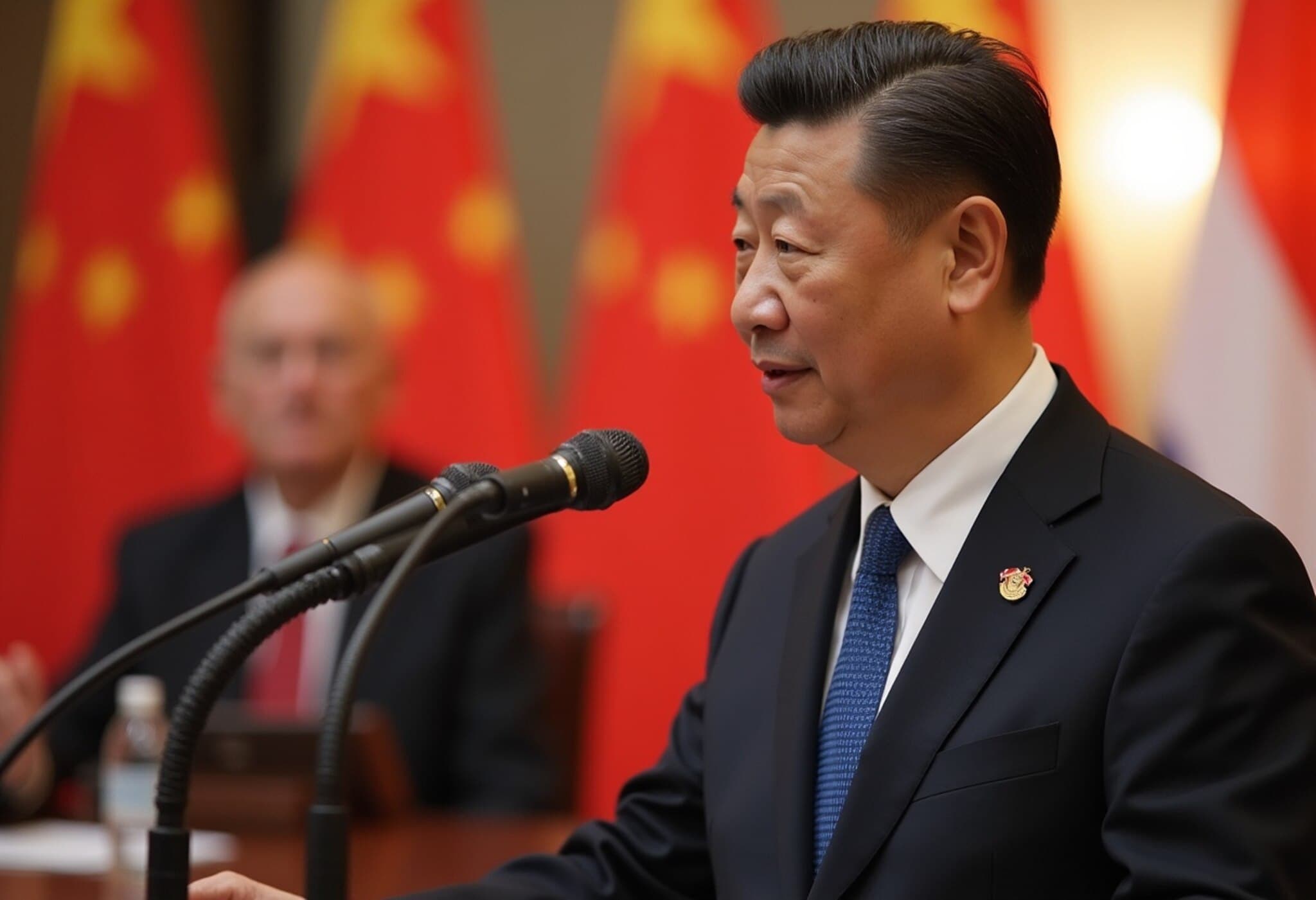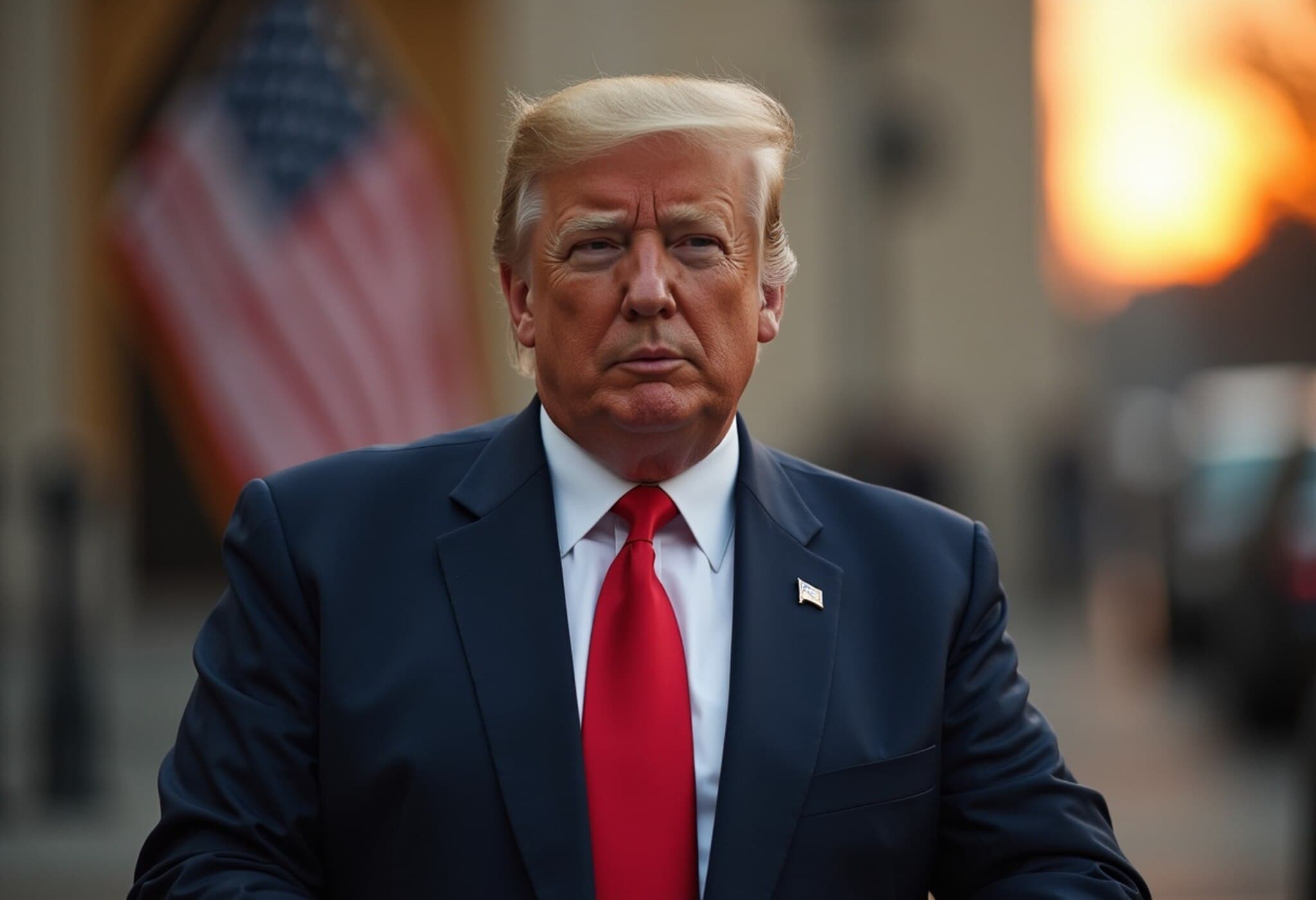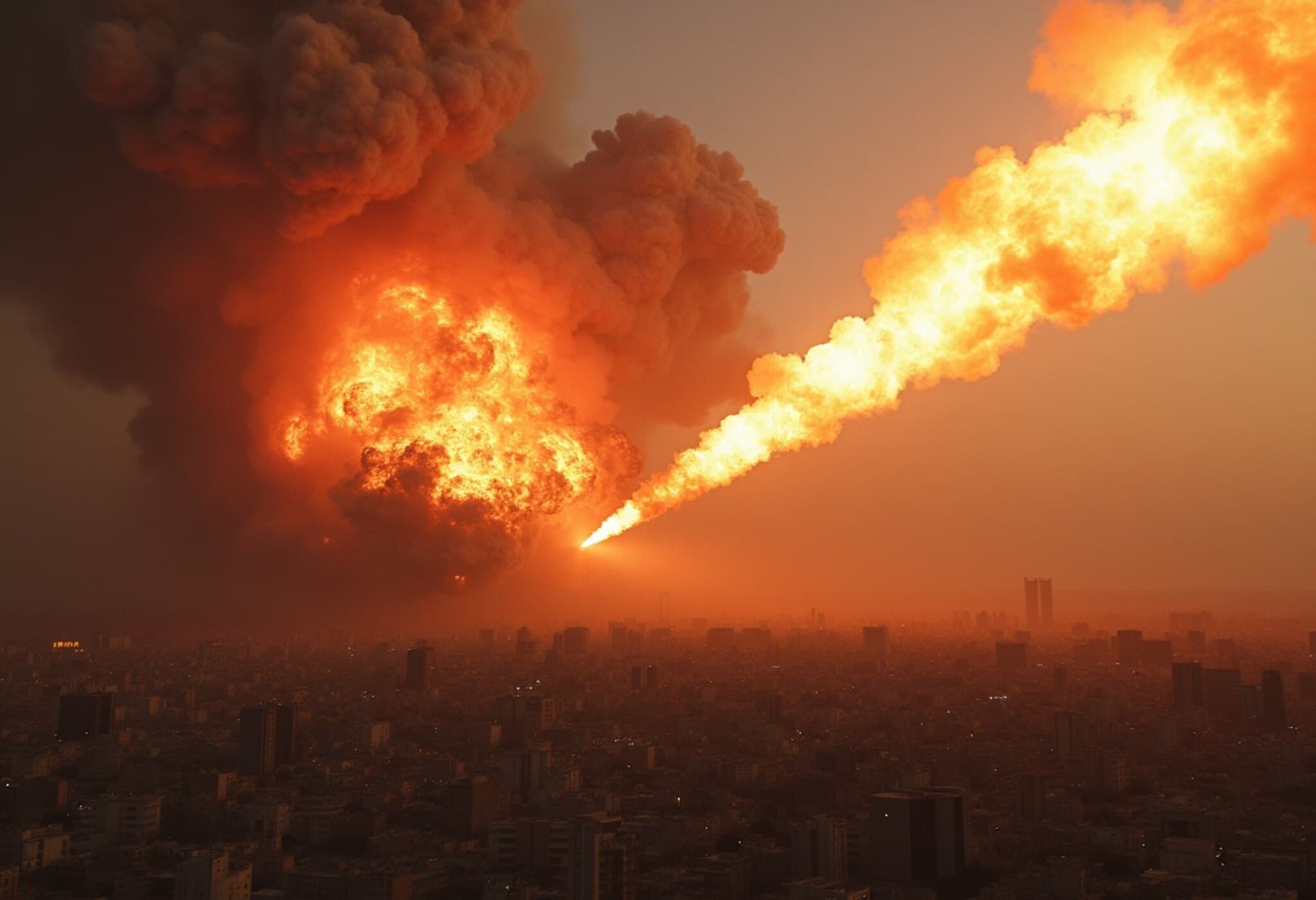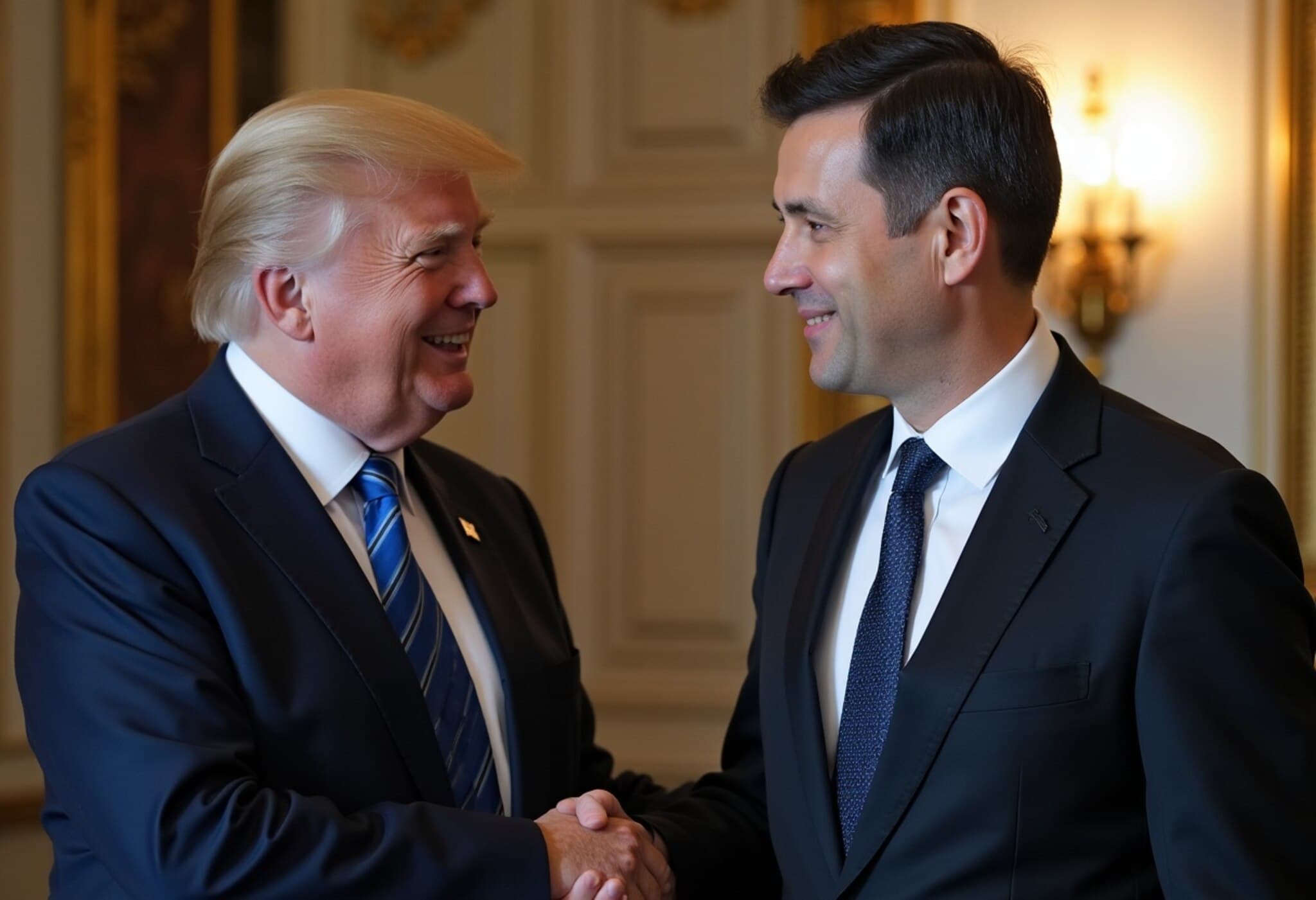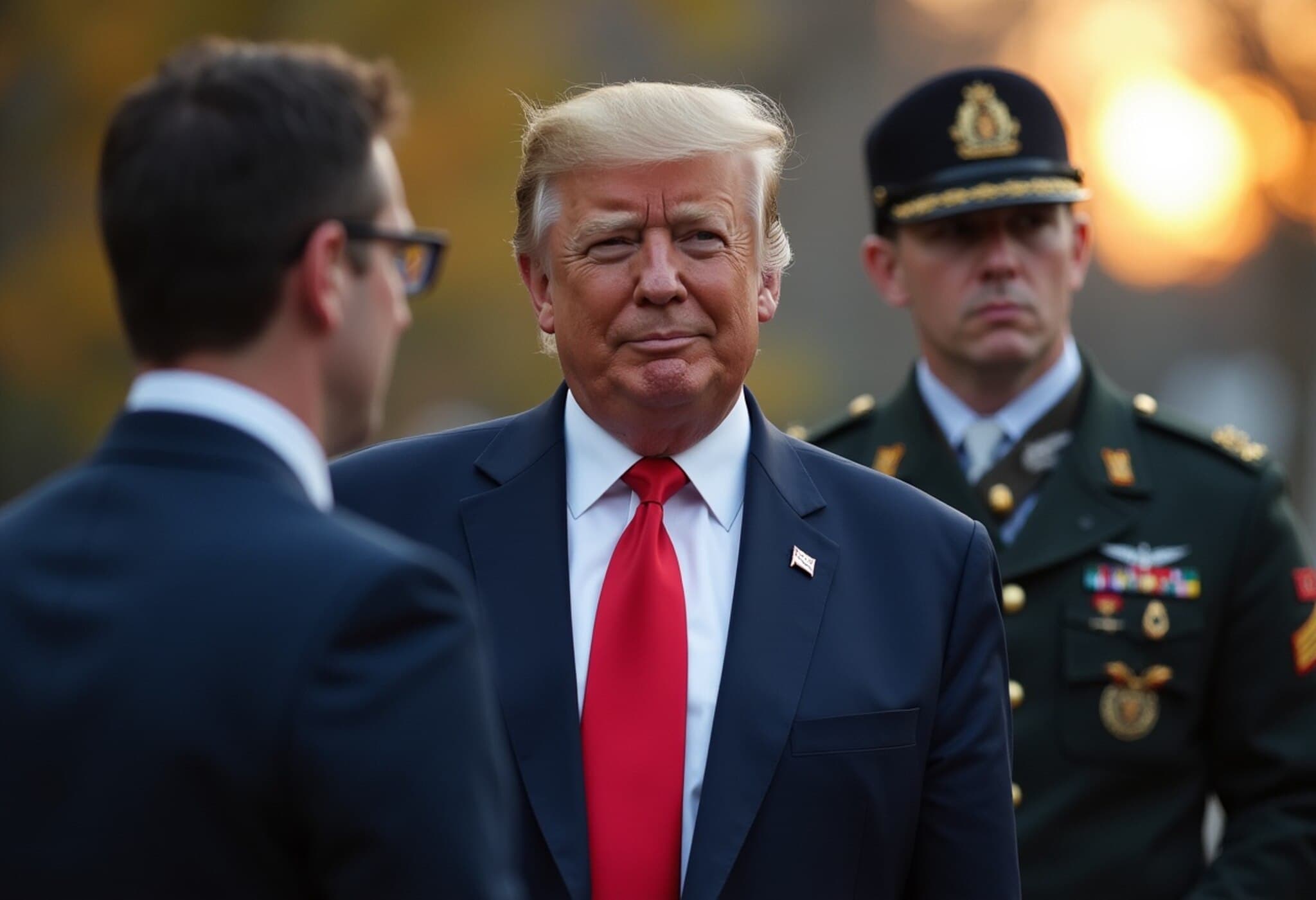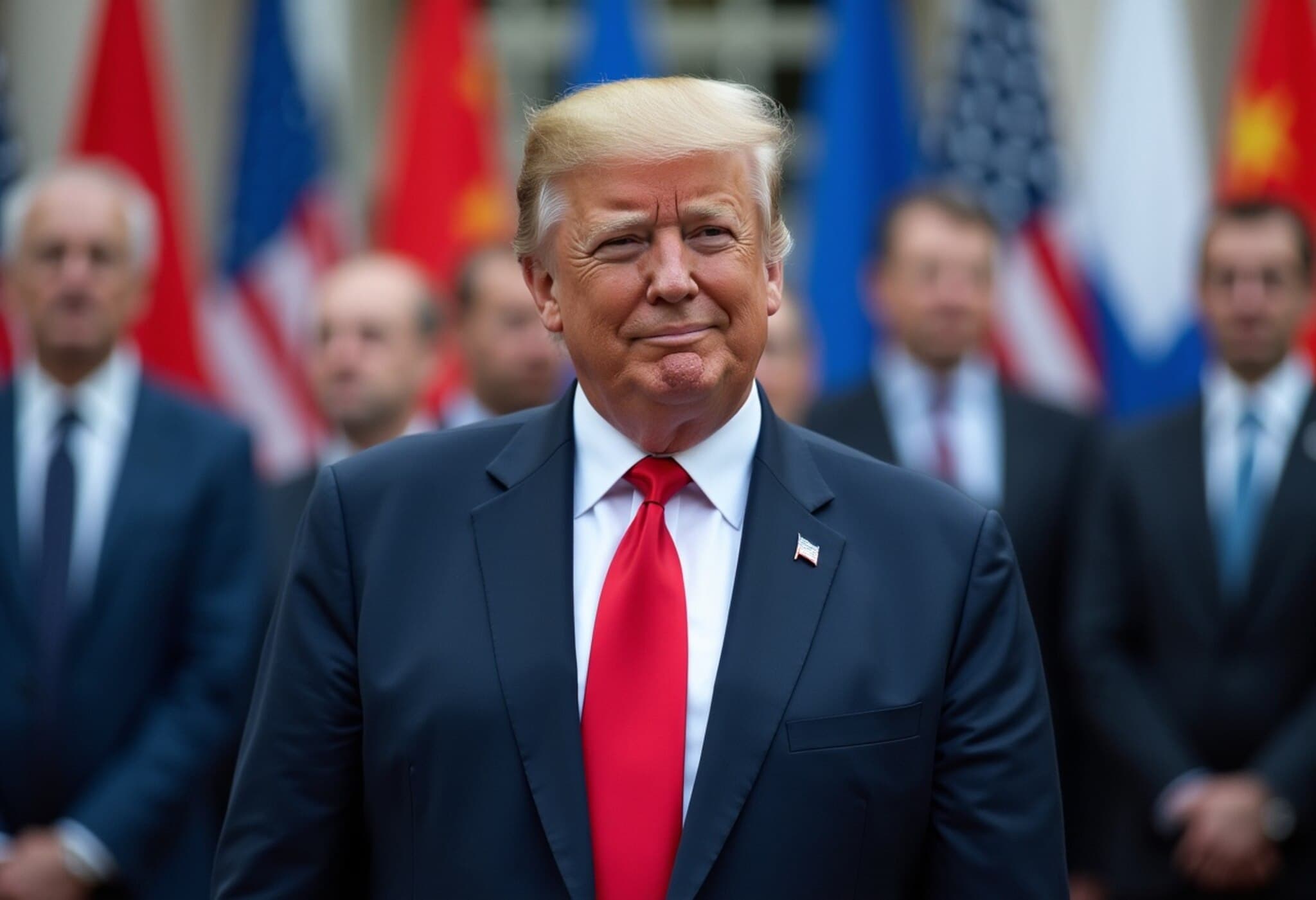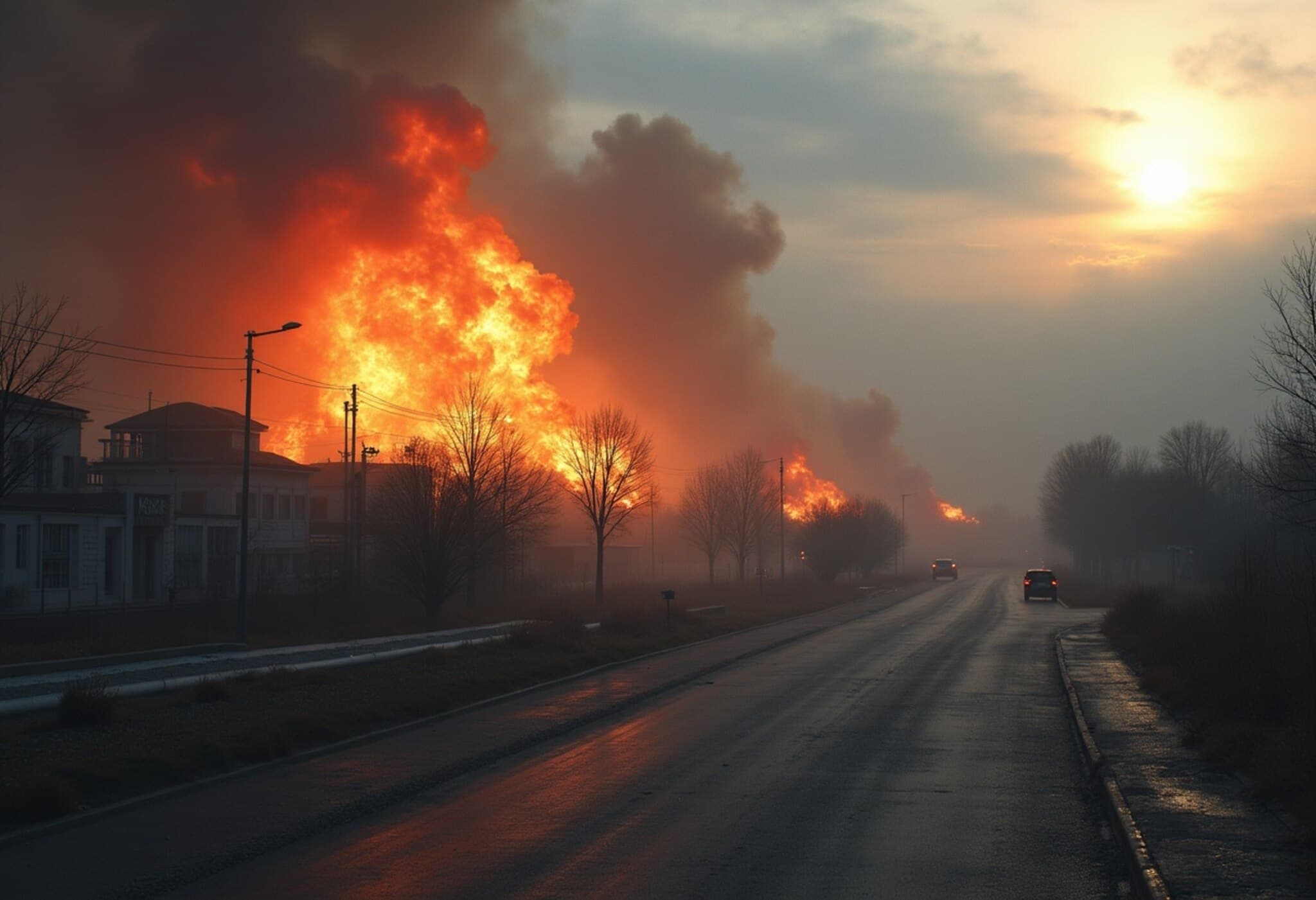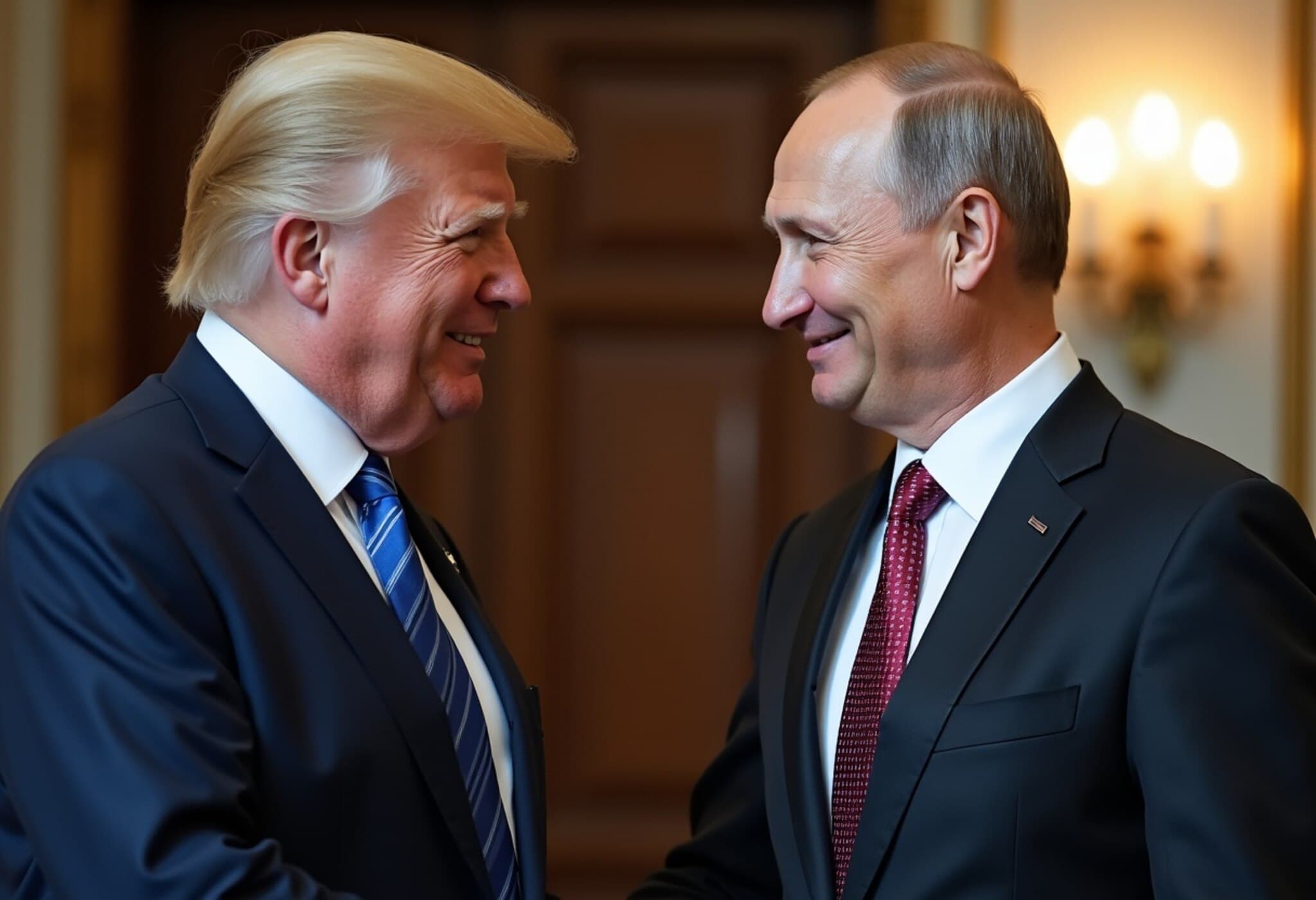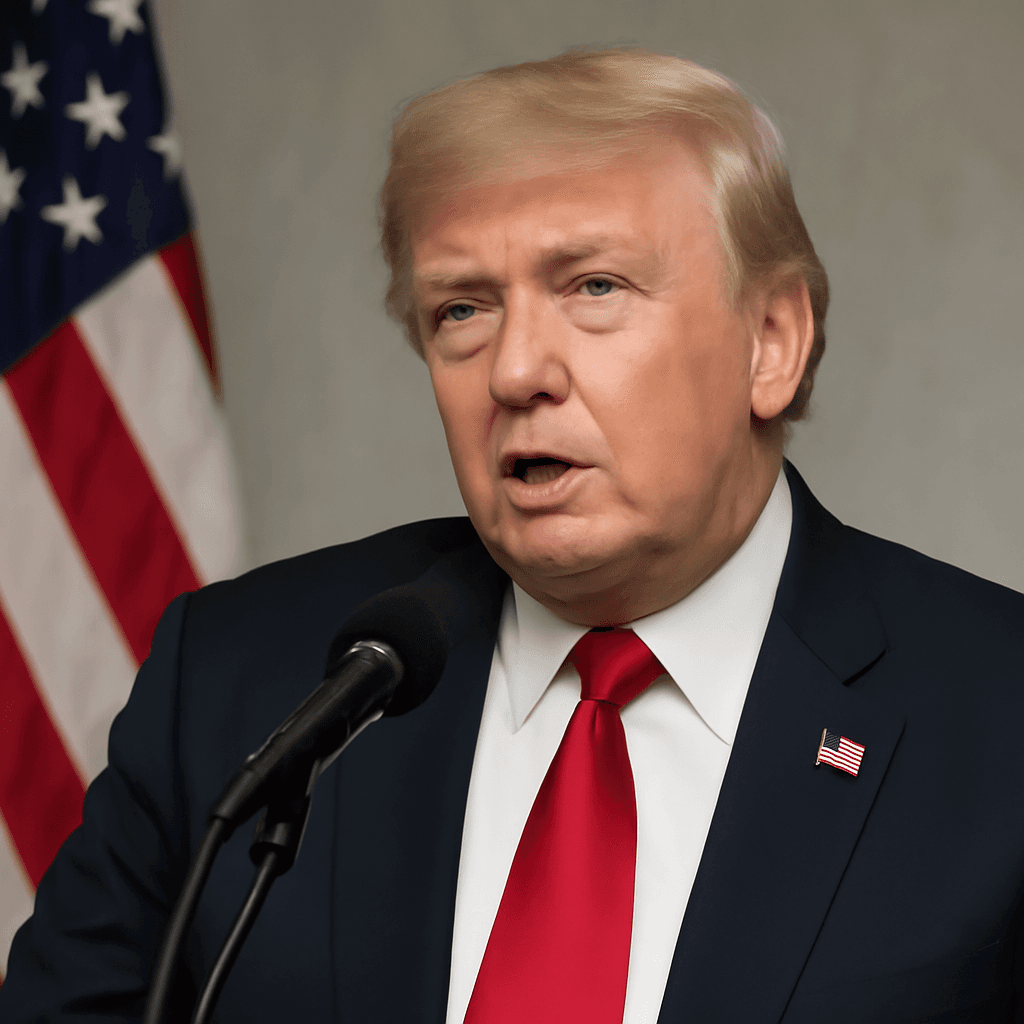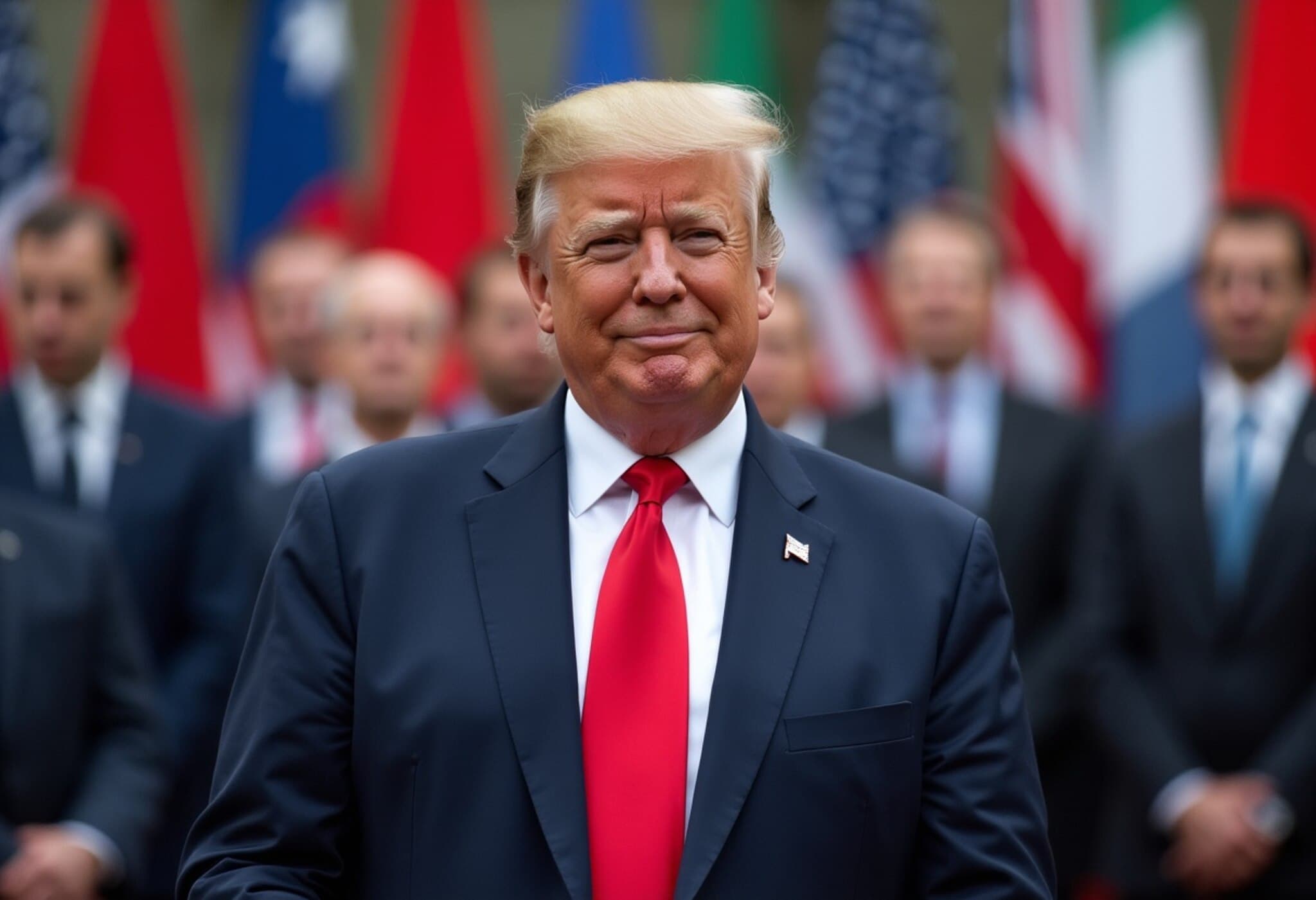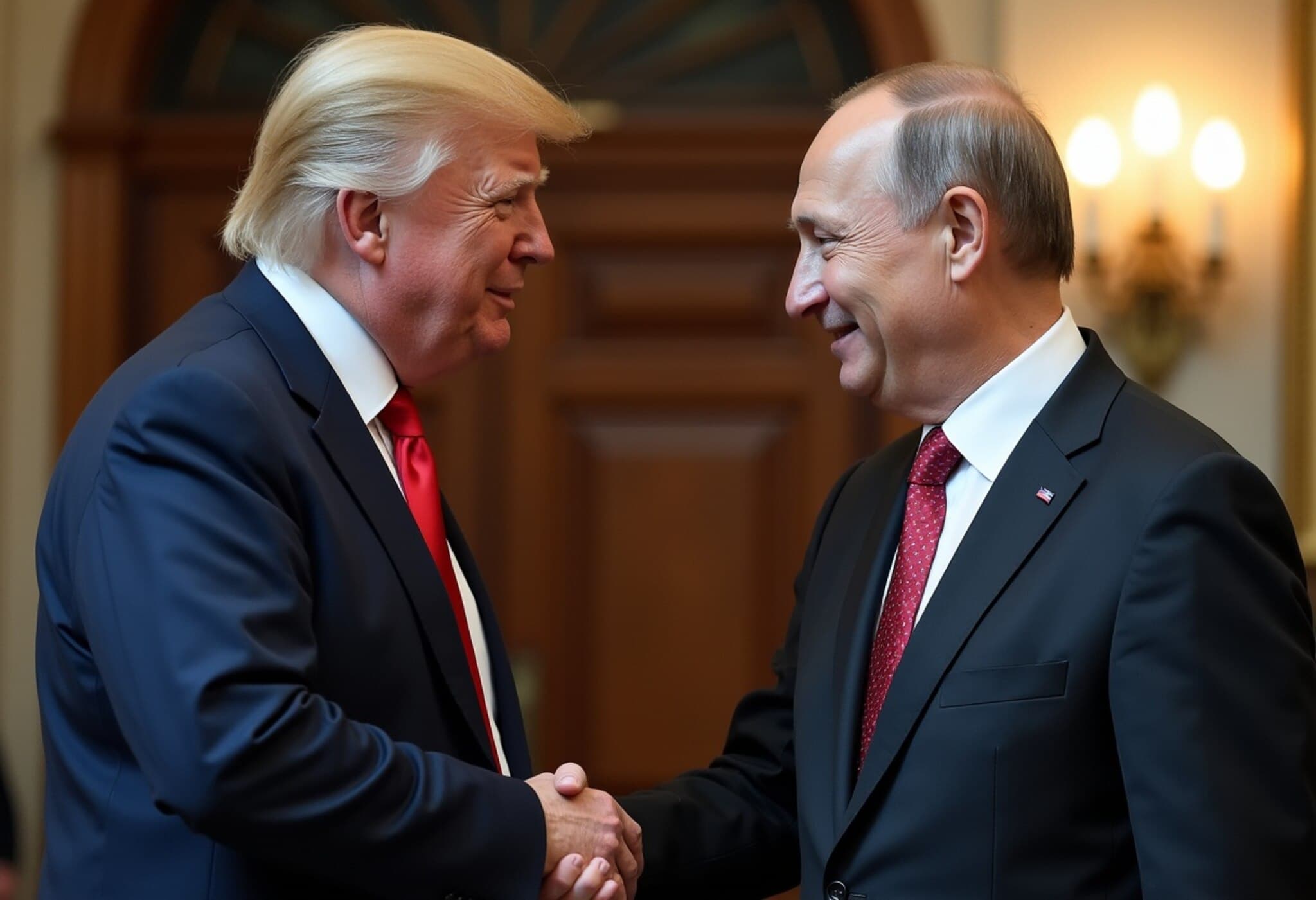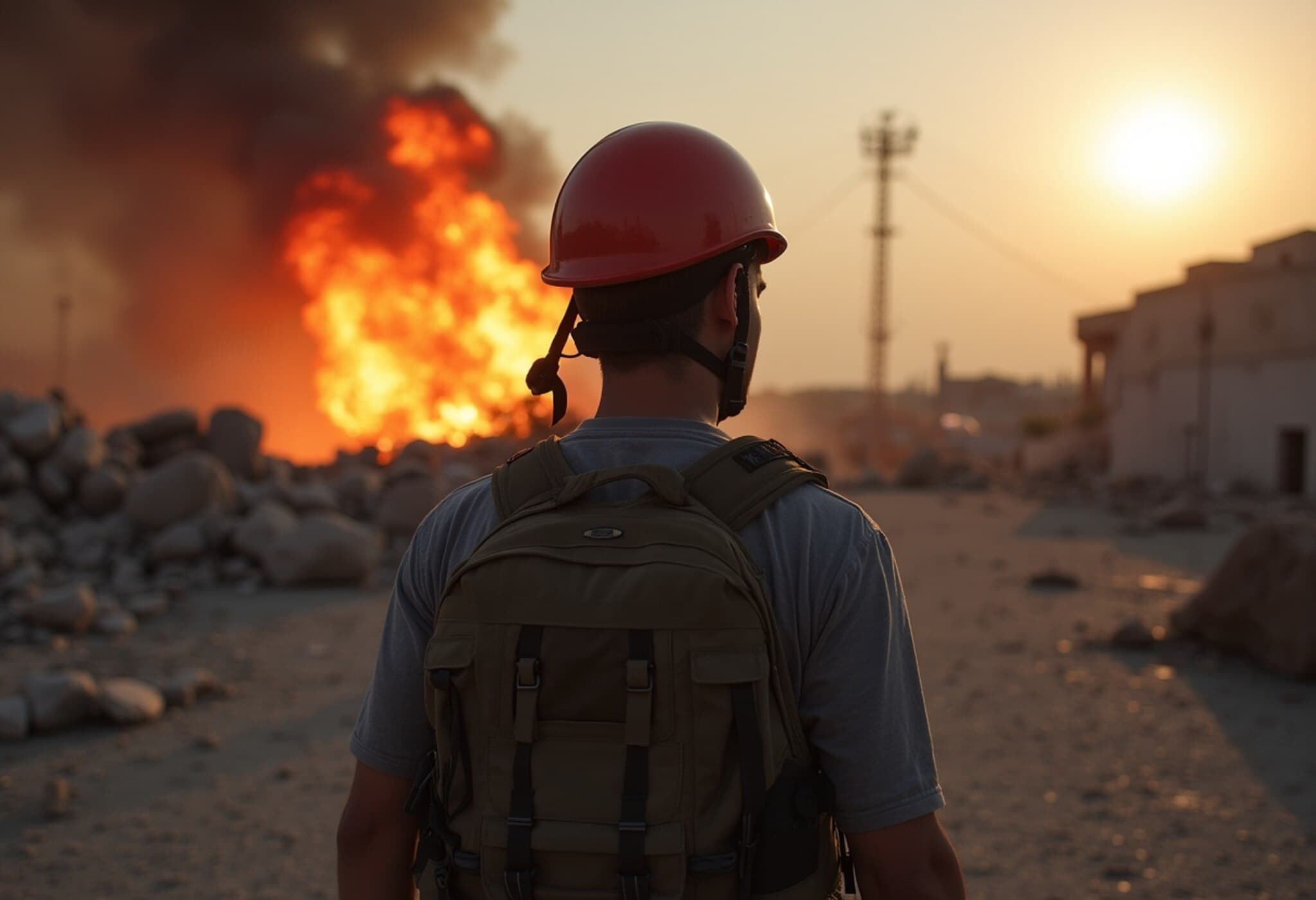Trump’s Changing Stance on Zelenskyy and Putin Amid Ukraine War
On the sidelines of the NATO summit in The Hague, U.S. President Donald Trump described Ukraine’s President Volodymyr Zelenskyy as "very nice" following their nearly hour-long meeting, marking a shift towards a more sympathetic tone. However, Trump expressed clear frustration with Russian President Vladimir Putin, urging him to end the ongoing conflict that has led to unprecedented casualties.
Meeting Highlights: A Focus on Ceasefire and Defense
Zelenskyy characterized their encounter as "long and substantive," emphasizing discussions on key issues such as protecting Ukrainian citizens and exploring pathways to a ceasefire and lasting peace. Though Trump contradicted claims that they discussed a ceasefire explicitly, he acknowledged the "tough battle" Ukraine faces and indicated willingness to speak with Putin in hopes of ending the violence.
"What I took from the meeting… was that he’d like to see it end," Trump remarked. He also acknowledged the critical need to rebuild America's defense industries to reduce dependence on foreign adversaries for vital minerals—highlighting a minerals agreement recently signed between Kyiv and Washington.
Surge in Russian Attacks and Ukrainian Resilience
As Russia intensifies its summer offensive, the conflict's severity grows. Russia has launched tens of thousands of Shahed drones into Ukraine since 2022, with nearly 10% of those occurring in June 2025 alone. This escalation coincides with a fast-paced ground offensive targeting crucial logistics hubs like Pokrovsk and Kostyantynivka, both severely impacted by relentless bombardment.
A Ukrainian official reported mysterious damage to a key Russian drone manufacturing plant in Taganrog, an indication of ongoing Ukrainian efforts to disrupt Russia’s military infrastructure despite the challenges.
Humanitarian Situation at Breaking Point in Donetsk Oblast
The city of Kostiantynivka, near frontline areas in Donetsk Oblast, faces a dire humanitarian crisis. Extensive Russian drone strikes and shelling have crippled essential services, leaving nearly half the population without electricity and thousands without access to gas or adequate water supply. Public transport systems have been largely disrupted, severely limiting mobility.
Emergency crews and officials continue to operate under dangerous conditions, but calls for evacuation have become urgent as the city endures relentless attacks aimed at controlling its logistics and communication routes.
U.S. Support: More Patriot Missiles on the Horizon?
During the NATO summit, Trump confirmed U.S. consideration of supplying Ukraine with additional Patriot air defense missiles, though he acknowledged high demand both domestically and among allies such as Israel.
"Ukraine wants to have the anti-missiles, as they call them, the Patriots, and we're going to see if we can make some available," Trump stated. This potential increase in defense aid comes at a critical juncture, as American funding for Ukraine’s military support faces possible depletion this summer.
Implications for NATO and Global Security
The NATO summit underscored its members' collective commitment to increasing defense spending, setting a new benchmark of allocating 5% of GDP annually by 2035 towards defense and security. While this year's communique refrained from directly condemning Russia as in previous years, it reaffirmed steadfast support for Ukraine's defense and industrial capacity.
Understanding the Complexity of Ending the Conflict
Reflecting on the challenges of resolving the war, Trump admitted that the situation is "more difficult than people would have any idea," a sharp contrast to his earlier campaign promises to end the conflict swiftly. This admission highlights the complexities underlying geopolitical conflicts and the limits of quick fixes in international diplomacy.
In Summary
- Trump and Zelenskyy met to discuss Ukraine’s defense needs and prospects for peace.
- Russia’s offensive has intensified, with increased drone attacks and ground offensives.
- The humanitarian situation in eastern Ukrainian cities is becoming increasingly critical.
- The U.S. considers sending more Patriot defense systems to bolster Ukraine’s military capabilities.
- NATO commits to higher defense spending amidst global tensions.
As the conflict enters a new phase, leadership diplomacy and international support will be key to addressing both the humanitarian crisis and military challenges unfolding on the ground.

